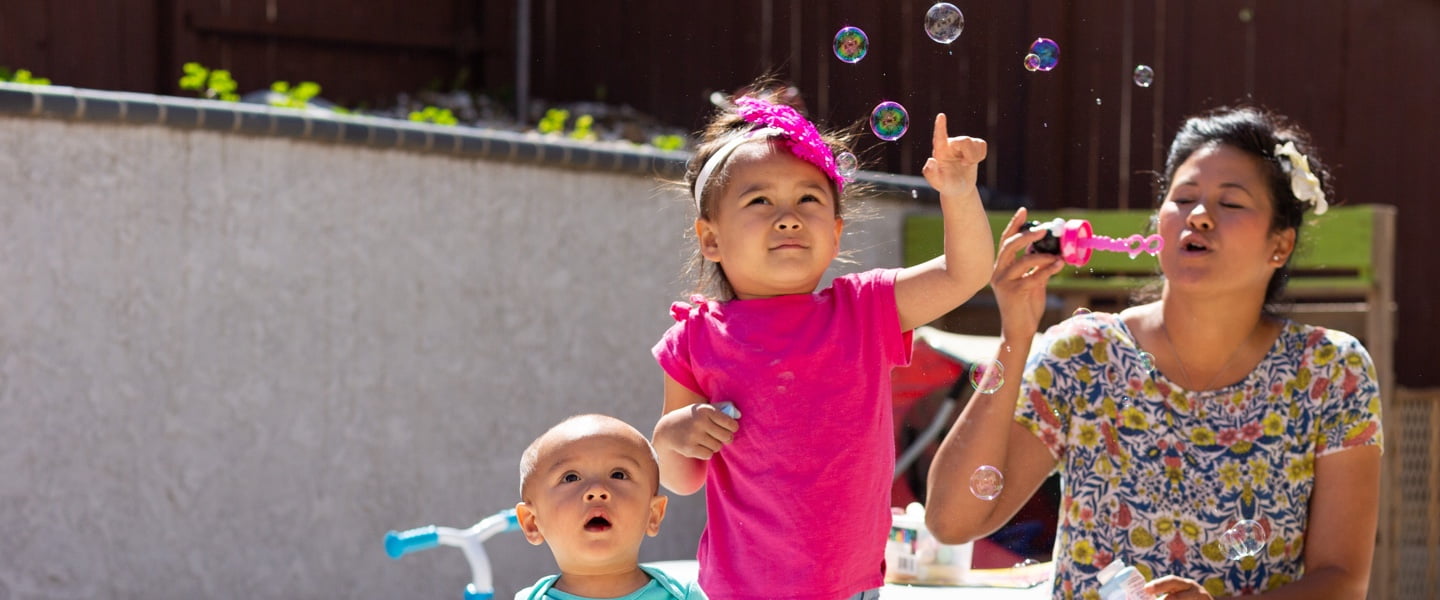How do I become a verified nanny?
We encourage nannies to complete a background check. With a background check, you are verifying your identity and showing families that you are a responsible and trustworthy provider. Once completed, you will be labeled as a "verified provider" on the Upwards website, which makes you more visible and appealing to families looking for care. This will give you a great opportunity to connect with potential families quickly and increase your chances of finding the perfect match for your services. It is a great way to kick-start your professional journey with families and make a positive impact.
What are some responsibilities of a nanny?
An Upwards nanny is a professional caregiver who is typically responsible for the full-time care of one or more children in a private home. Nannies have the opportunity to be an integral part of a child's development, from feeding and bathing to reading and playing. They may also have the opportunity to drive the children to school, extracurricular activities, or appointments, and to do some light housekeeping related to the children. Nannies may live in or out of the family's home.
How can I prepare for handling child care emergencies?
As a professional child care provider, it is important to have emergency procedures in place and to regularly review and practice them. Create emergency plans for common emergencies such as fire, severe weather, and medical emergencies — and make sure you are informed of any potential hazards, emergency contacts, medications, medical conditions, or threats in your area and take appropriate precautions.
What's the difference between a nanny and a babysitter?
Being a nanny or a babysitter is an opportunity to make a positive impact on the lives of children by being a responsible and dedicated caregiver. An Upwards nanny is a professional caregiver who is typically responsible for the full-time care of one or more children in a private home. The responsibilities of a nanny include taking care of the children's physical needs, such as feeding, bathing, and dressing, as well as their emotional and developmental needs, such as playing, reading, and engaging in educational activities.



